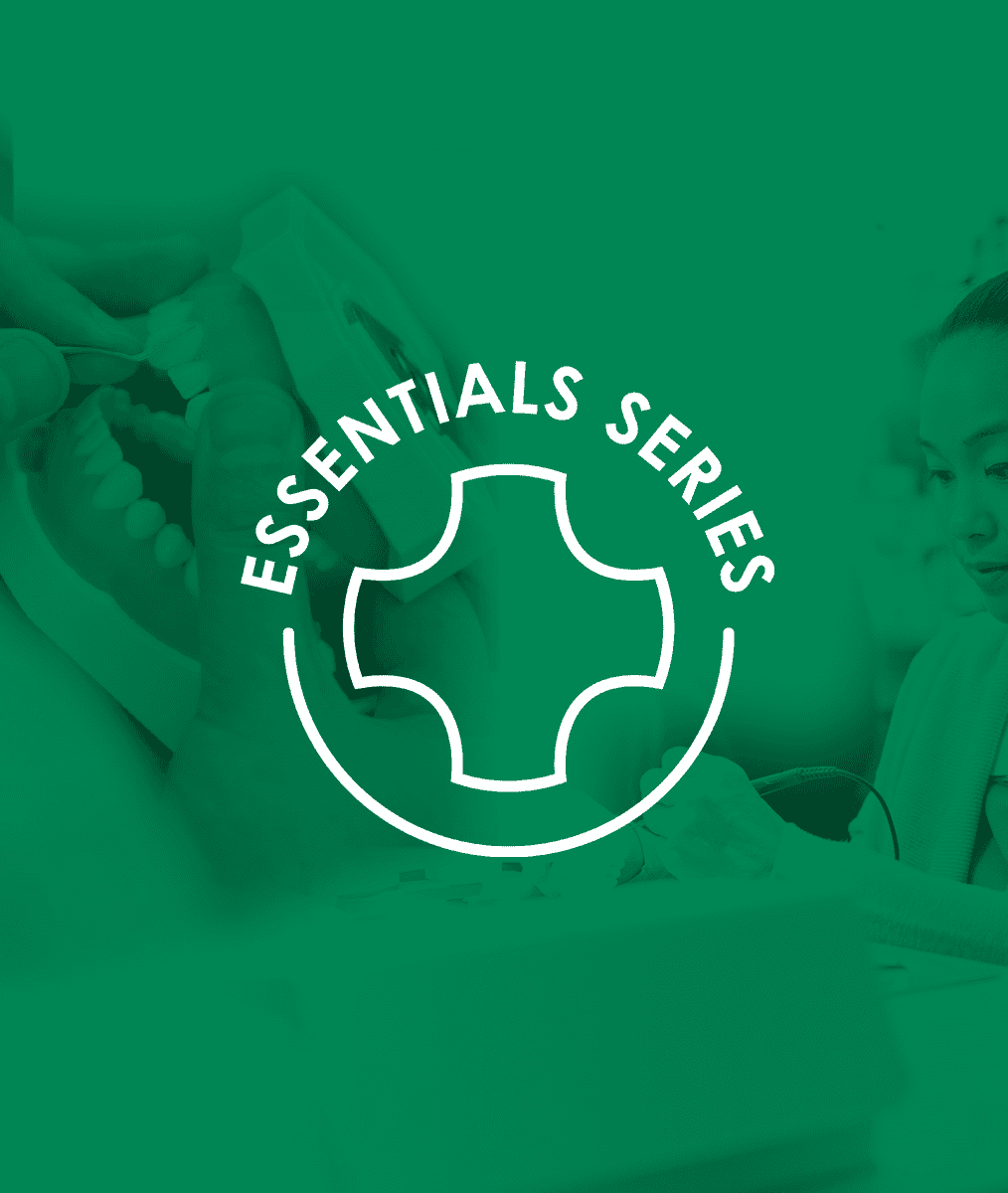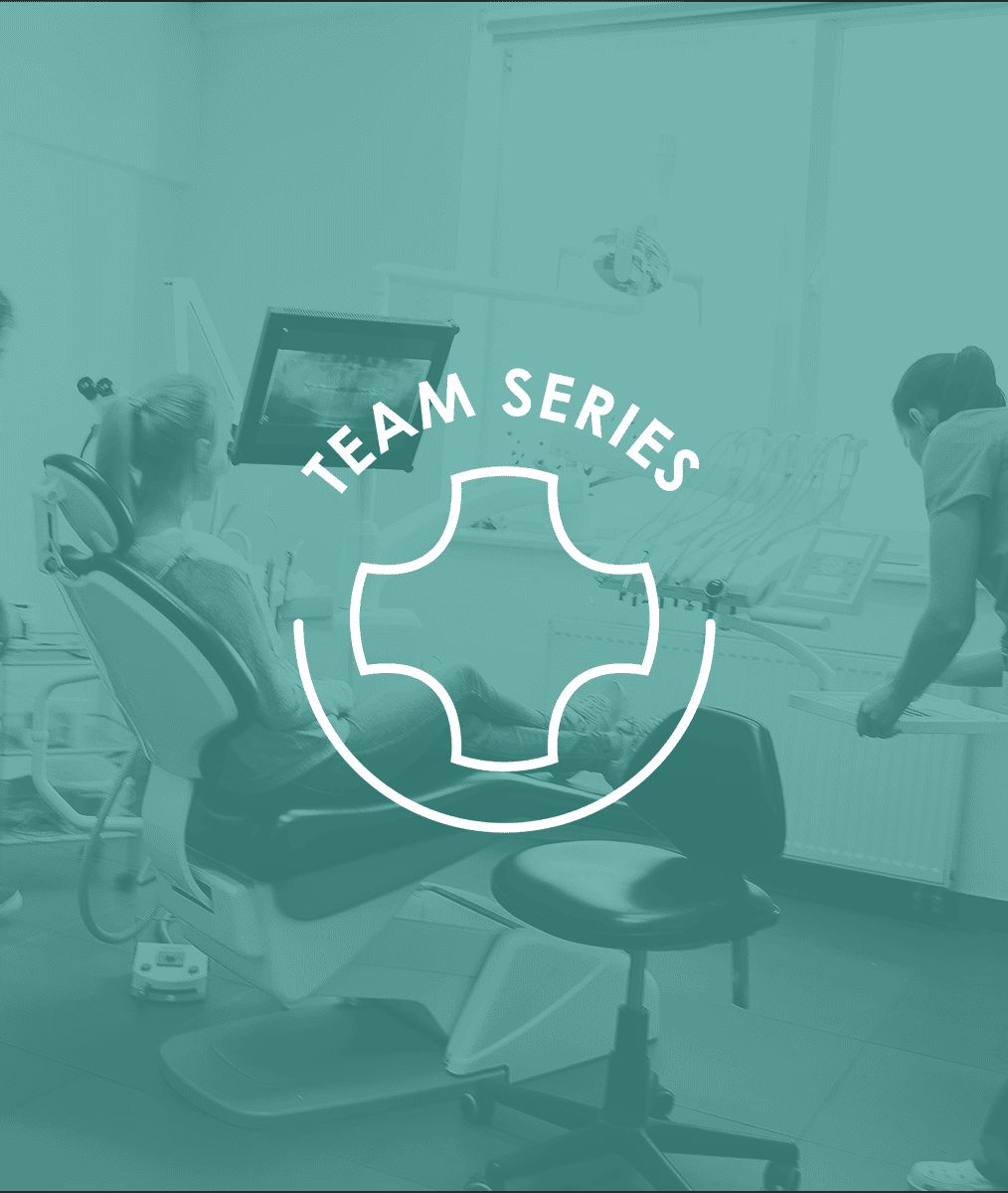Dental Sleep Medicine in Restorative Practice Part 2: Scheduling
In Part 1 of this series, Dr. Todd Sander discussed their introduction to oral appliances for treating sleep disorders, highlighted alternatives to CPAP therapy, and his unique journey into dental sleep medicine integration.
Whether my new patient is coming to me for dentistry or dental sleep medicine, my initial examination is 90 minutes, preceded by 30 minutes with my clinical assistants to review their medical-dental histories, including the patient’s polysomnogram or home sleep test results; take digital or analog impressions; take radiographs or CBCT; and take photos and videos of the patient.
In my practice, I try to see dental sleep patients on Tuesday and Thursday afternoons. When an existing sleep medicine patient calls and is having an issue, we try to direct them to a block on a Tuesday or Thursday that is interchangeable with a restorative appointment. I prefer restorative procedures to be scheduled in the mornings and see emergencies and comprehensive new patients in the afternoons. I do not like to have other patients after I do a comprehensive exam with a new patient.
I have empowered my team to slide dental sleep medicine patients into our restorative schedule. Giving my team permission to do that and guiding them to understand that I want to provide both services was important. Otherwise, restorative dentistry would have filled my schedule and prevented me from working with sleep patients.
If an existing dental patient becomes a dental sleep medicine patient, I do a comprehensive sleep medicine exam, which is more like a medical exam. When my dental patients ask me if I’ll “just” make an appliance for them, I stick to my guns and explain that the documentation is different. I explain that we have now entered the world of medicine, and we cannot cut corners just because they have been a dental patient within the practice. So, on Tuesday and Thursday afternoons, I know I will likely have a new patient that’s a comprehensive dental patient or a dental sleep medicine patient.
We never want to tell a dental sleep medicine patient they will have to wait weeks to see me, so we might free up time on other days if slots are not filling up. This includes patients who are already within our dental practice. Many of our dental patients are referred for a dental sleep exam out of our hygiene department. Our hygienists are on board, looking at airways and helping guide patients who will benefit from OSA therapy. Part of your dental practice might be identifying airway issues as patients come through hygiene.
Scheduling may sound simple, but there is no easy button. Many of our colleagues who try to do dental sleep medicine become discouraged as they try to “fit this in” and treat it as just another appliance. So, I caution you. If you start working with dental sleep medicine patients, much more goes into the effort than delivering a simple dental appliance. It is the practice of medicine. The language and documentation that are required are medical in nature, and there is a lot to consider in treating and monitoring the patient, which I will discuss in future parts of this series.
Related Course
Pankey Scholar 15A
DATE: January 16 2025 @ 6:00 pm - January 18 2025 @ 3:00 pmLocation: The Pankey Institute
CE HOURS: 0
Dentist Tuition: $ 3495
Single Occupancy with Ensuite Private Bath (per night): $ 345
“A Pankey Scholar is one who has demonstrated a commitment to apply the principles, practices and philosophy they learned through their journey at The Pankey Institute.” At its core,…
Learn More>

















